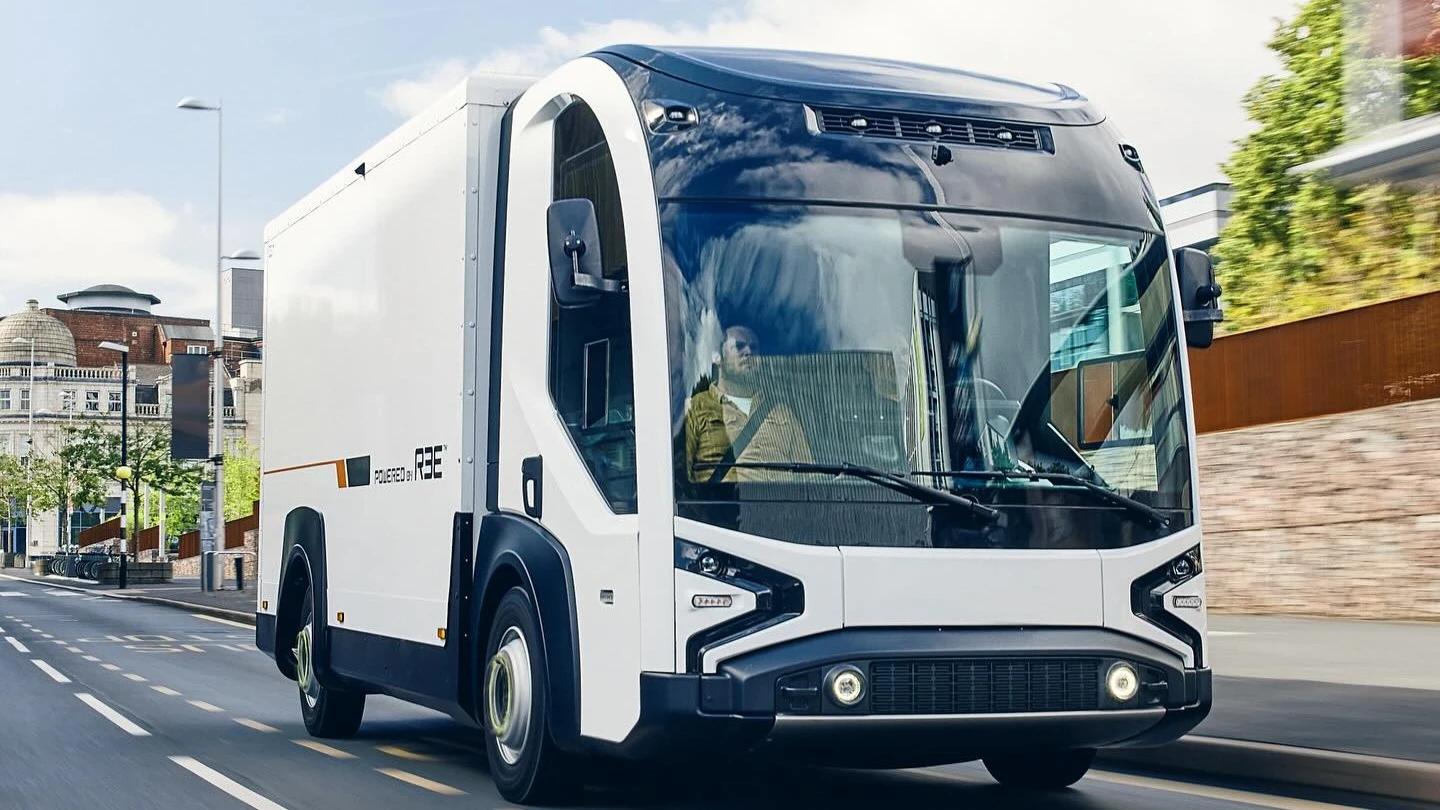Freedom Holding broker sees ‘explosive growth’ for Israeli EV maker REE

Freedom analysts see significant upside for the stock of electric truck manufacturer REE Automotive. / Photo: www.facebook.com/ReeAutoOfficial
Freedom Broker has initiated coverage on REE Automotive, an Israel-based small-cap manufacturer of commercial EVs that is listed in the U.S. The financial services firm has assigned a “buy” rating to the stock with a target price 210% above current quotes. As REE makes the leap from limited EV deliveries to full-scale production, it is said to have “explosive revenue growth potential.”
Details
Freedom Broker has initiated coverage on REE Automotive with a “buy” recommendation at a target price of $12 per share — 210% above its closing price of $3.87 per share on Friday, March 21, when the stock fell 3.25% for the day.
REE has yet to generate much revenue, reporting just $171,000 for the first nine months of 2024. However, that could change in 2025, according to a Freedom Broker note seen by OnInvest. The company plans to begin selling its flagship electric truck, the P7-C, in the first half of the year and scale up to mass production in the second half, aiming to produce several hundred vehicles annually with the potential to expand capacity to 10,000 units per year.
Freedom Broker sees the launch of mass production and commercial sales of the P7-C as the key revenue drivers through 2029. By then, the top line is expected to reach $4.5 billion — nearly doubling versus the previous-year figure. However, Freedom Broker does not expect REE to turn a profit this decade.
Among risks for investors, Freedom Broker cites the fact that interest in REE’s products may not immediately translate into demand, meaning the company could struggle to generate revenue in the coming quarters. Another concern is shareholder dilution — Freedom Broker notes that “the company will likely need additional funding.” On March 18, just days after the Freedom Broker report was published, REE announced plans to sell nearly 6.4 million shares to existing and new shareholders for a total of $27 million. The following day, its stock fell 8.5% to $3.90 per share.
About REE
Founded in Israel in 2011, REE began developing a modular EV platform in 2018, allowing vehicles to be designed according to customer specifications. The company later shifted focus to commercial EVs.
Last year, REE began producing P7-C trucks at Roush Industries, an engineering firm that partners with Nissan, Subaru, and Stellantis. The manufacturing ramp-up is backed by REE’s largest shareholder, Indian auto parts giant Motherson, which has been building out the supply chain for mass production, according to the company’s third-quarter earnings report. REE has reported preliminary EV orders totaling approximately $137 million.
The company’s partners also include European aerospace manufacturer Airbus. Together, they are developing an autonomous driving system and testing REE’s vehicle on an active runway at a major commercial airport.
REE’s modular platform is built around four independent wheel units, each integrating critical drive, steering, and braking functions. These fully by-wire systems are connected to the vehicle’s central control unit, enabling scalable designs that can be adapted for different vehicle sizes and applications. This allows existing EVs to transition to autonomous capabilities with minimal modifications, Freedom Finance Global analyst Dmitry Pozdnyakov has previously noted.
Analyst insights
REE shares are down 56% since the start of the year and off a third over the last 12 months. The stock saw a sharp rally in autumn 2024 following several company announcements, including Motherson’s decision to manage sourcing and supply chain of all production parts for REE, a $45.35 million investment round, and a manufacturing agreement with Roush Industries. The stock peaked at $11 per share on November 12 before starting to slide.
Freedom Broker’s forecast is the most conservative among coverage analysts’, according to MarketWatch. There are currently three ratings on the stock, all “buys,” with the average target price of $13.67 per share implying upside of more than 3.5 times the last closing price.
